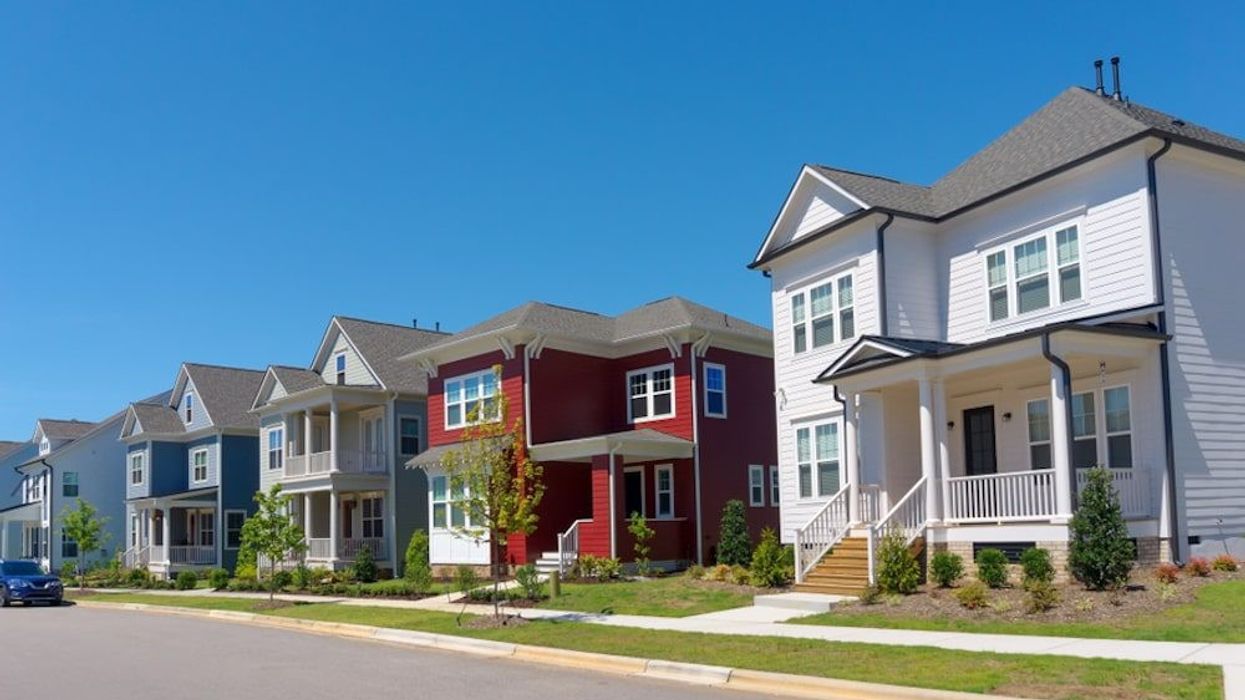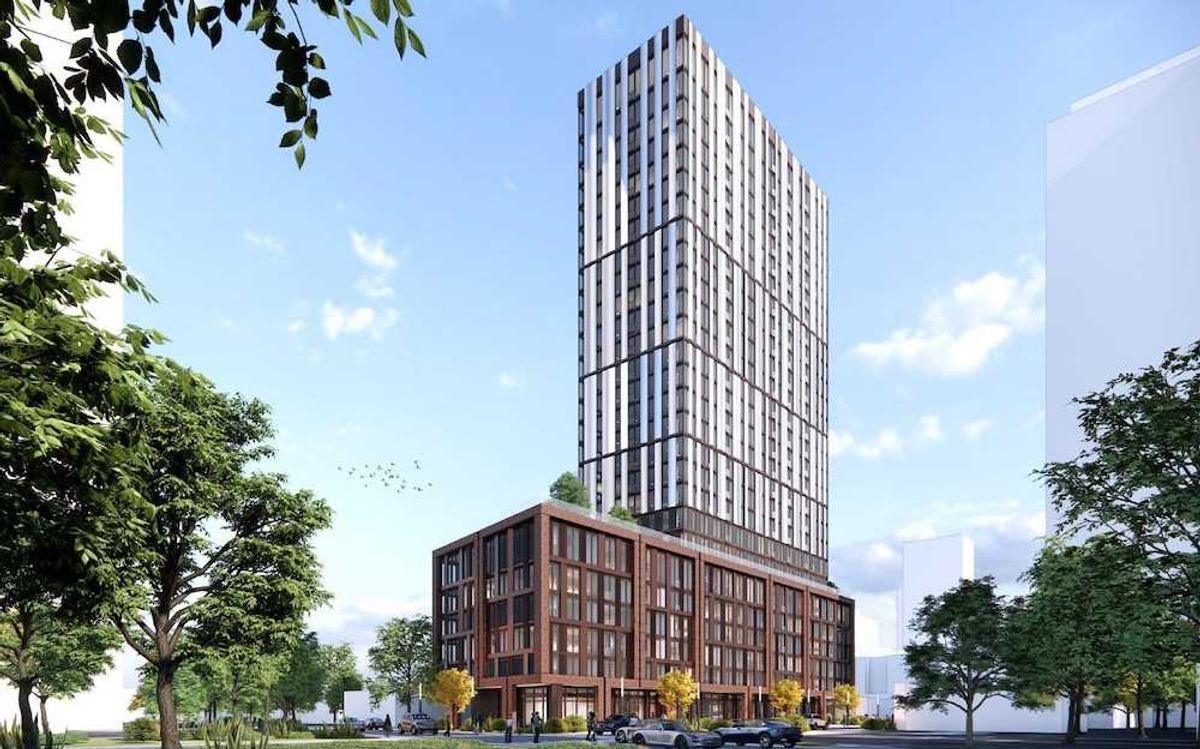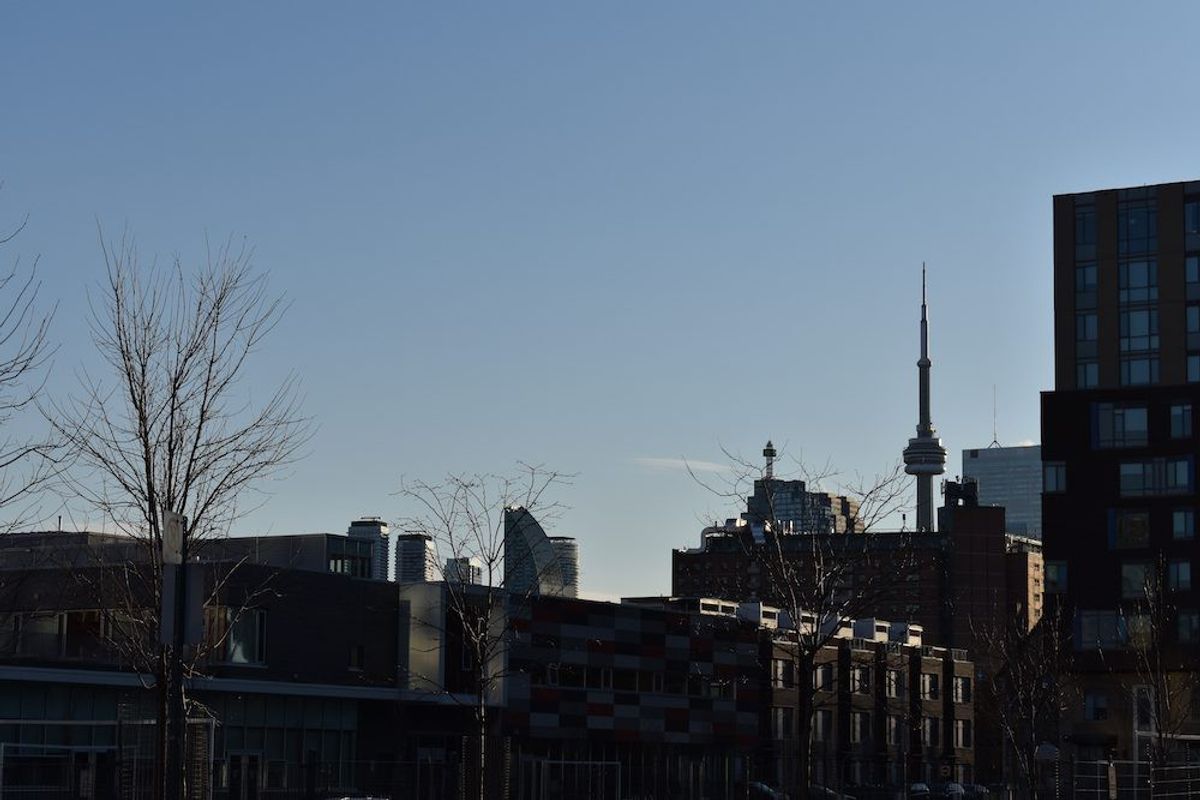Toronto councillors have voted in favour of policy and zoning changes that will allow for multiplex housing to be developed city-wide. Low-rise housing with two, three, or four units in a single building will now be permitted in all Toronto neighbourhoods -- a move meant to help bolster the city's housing options and better serve its growing population.
In a meeting Wednesday afternoon, Deputy Mayor, Jennifer McKelvie, called multiplex development in the city's overwhelming number of low-rise neighborhoods "a more equitable approach to growth."
“By introducing multiplexes, we also create the flexibility of our residential buildings and ensure that we have a mix of housing types to meet the needs of our current and future residents.”
Gregg Lintern, Chief Planner and Executive Director of City Planning, called this latest development "an important step to removing exclusionary zoning," adding that it will “enable property owners to create housing for extended families or rental units for tenants."
Multiplexes have quickly gained momentum in Toronto. A City staff report dated April 13 was approved by the Planning and Housing Committee later in the month. The item thereafter went to City Council.
The April report notes that Toronto is expected to attract 700,000 newcomers by 2051, and despite an uptick in the city’s mid- and high-rise housing development, the supply of low-rise housing, including multiplexes, has continually lagged behind actual demand.
In addition, under the now-approved legislation, multiplexes are expected to be exempt from FSI provisions, which should help them to be feasibly built.
READ: City Report Calls for Zoning Amendments to Allow 4-Unit Multiplexes in Every Neighbourhood
“Given that built form is regulated through numerous performance standards like setbacks, building length and depth, and landscaping, and that FSI only applies to a portion of this city, staff are of the opinion that eliminating FSI restrictions for multiplexes is appropriate and aligns with direction to move towards more form-based zoning for residential areas as outlined in the Housing Action Plan,” the city report explains.
The report also notes that, if legalized, multiplexes could help to accommodate and encourage aging in place while also helping to protect regional greenspace by better using urbanized land.
The new zoning allowances are one component of the City’s 2023 Housing Action Plan and will go beyond the Province’s More Homes Built Faster Act, overriding municipal zoning and allowing for up to three units on all residential properties.




















